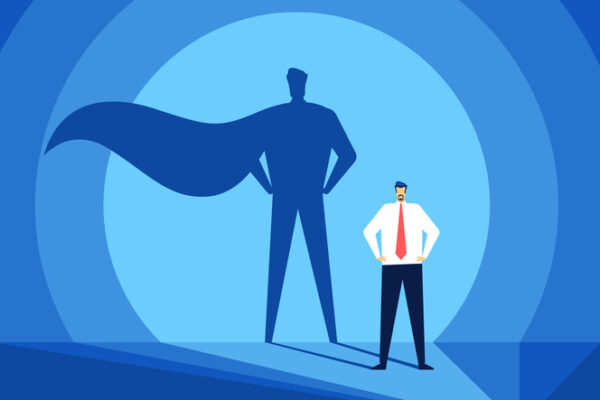As the January 6 committee hearings unfold about last year’s insurrection at the U.S. Capitol, the co-chair of the committee, Rep. Liz Cheney (R-Wyo.), is in the spotlight. She is the only Republican member of Congress running for re-election who is actively supporting the committee’s work, and she is one of just a few elected Republicans who have spoken out forcefully against the threat to our republic posed by the forces behind the January 6 insurrection. As a result, she has been widely criticized and shunned by her Republican colleagues.
Does this make her a hero, as many across the political spectrum say? Or is she a whiner, or just doing her job, as others have claimed? If we understand what “hero” meant to the ancient Greeks, Cheney certainly deserves a cape and winged sandals. But that does not mean that everything about her is admirable.
Going back to the ancient Greek idea of heroism helps us appreciate the complexity of a figure like Cheney. It also reminds us that we all have the capacity to be heroes under the right circumstances. No one has to be perfect, or even consistent, to use our own special abilities to make our communities better, stronger and safer.
The distinctive feature of an ancient Greek hero is strength or power that is greater than what a typical mortal would have. Heracles has matchless physical strength, while Odysseus is known for being unusually clever and good at strategy. But a hero’s “superpower,” as we would say today, is a force for both good and evil. Heracles uses his enormous strength both to kill dangerous monsters and also to slaughter his wife and children. In some myths, Odysseus saves the day with his wit, while in others, his ability to persuade others to commit base actions makes him a figure of suspicion and loathing.
Heroes are not defined by being good or evil. A hero is both. Someone becomes a hero because of a quality that makes that person larger and more powerful than the humans around them. Sometimes, that heroic ability makes life better for the community at large, as when Heracles removes the threat of a dangerous animal. But at other times, heroes cause great harm. Heroes often struggle to live comfortably with others, because their distinctive qualities can lead to harm and suffering for both the heroes themselves and their communities.
This view of heroism does not impose a litmus test on whether the hero’s actions are beneficial or harmful. And most of us, hero or not, are not just “good” or “bad.” We are both. Like Heracles and Odysseus, our most inspiring and noble actions co-exist with lies, shortcomings and hypocrisy. That is what it means to be a human being. A hero is just like the rest of us, only more so.
When Cheney persistently defends democratic principles even though she may lose her job, she is demonstrating strength beyond that of her community of Republican elected officials. It is facile to say that she is simply doing her job. So few of her colleagues are doing this part of their job that it is apparently far from simple. It is, in fact, heroic. Those on the left who complain that Cheney’s deeply conservative principles are incompatible with democratic heroism are also oversimplifying what it means to be a hero.
We need heroes like Cheney to combat the violent forces threatening our country. But no one has to be right or admirable all the time to be a hero. All of us can have moments of heroism, if we use our own unique abilities to make our communities safer and stronger for everyone.
Deborah Beck is associate professor of classics at The University of Texas at Austin.
A version of this op-ed appeared in The Hill.




